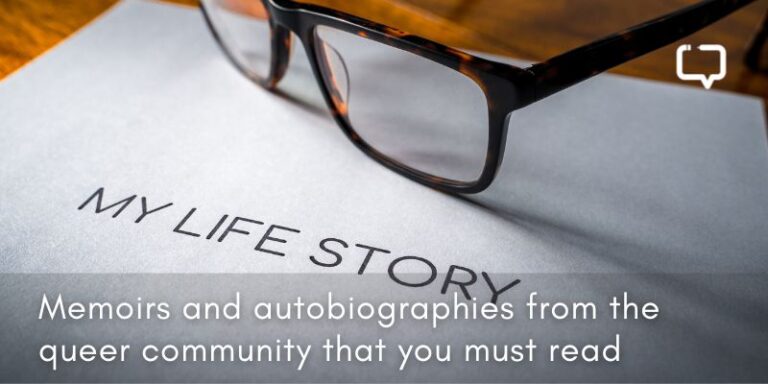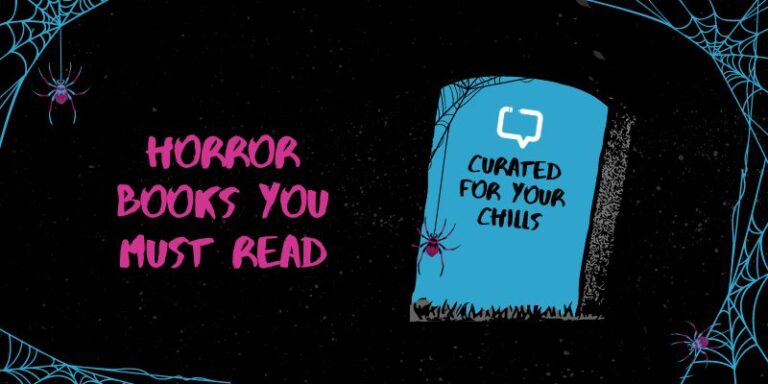Shatrujeet (Goodreads, fb) is a writer and a former business journalist based out of Mumbai. He earned critical acclaim with his debut novel, The Karachi Deception. His next, The Guardians of the Halahala, is the first volume in an epic fantasy trilogy based on the legendary Indian king Vikramaditya. The Guardians of the Halahala is set for release in second half of 2014. This is one of the stories that I am personally looking forward to!
I am fortunate that I know Shatrujeet for almost 5 years now. Shatrujeet has helped me everytime I’ve got stuck with not just writing, but other things as well.
And disclaimer. If all goes well, I could work with Shatrujeet on a project! Fingers crossed.
P.S.: Do check out his short stories and poems on FB.
Shatrjeet’s answers to 5 questions are…
1. Why do you write? Why would someone else want to be a writer?
Why I write… The answer to this has many parts. And the parts gain relevance over one another, depending on what I want to achieve through my writing at different points in time. Sometimes I write for the sheer love of playing with language. The things I can do with words, putting them into different shapes and patterns, picking and discarding them like pieces of a puzzle, colouring them, braiding them, paring them, laying them out one upon the other like stacking a house of cards… all to create images and concepts. I usually do this when I write poetry. At other times it’s about communicating emotions. A single thought that demands expression. The writing could be in the form of a poem, a short story or even a two-line Facebook update. Here language is secondary and a slave to the idea, though there’s still joy in exploring the texture of language.
When it comes to writing novels, the overriding desire is to tell stories and create entire universes that other people can relate to and fascinate over. It’s the closest one can get to ‘God mode’ – when you conjure things out of thin air, determining the rise and fall of civilizations, and changing the lives and destinies of your characters at will. One moment nothing exists, the next moment you have created a character living in a world that some reader will root for, lose sleep over, skip dinner for. That at least is the hope!
But the core of why I write – why most authors write, and why most painters paint – is to share a part of myself with the world, while simultaneously trying to make sense of the world I live in. It’s a process of internal and external assimilation, a two-way channel into the collective psyche of our existence.
Why would someone want to be a writer? I don’t know. Different things motivate different people. Perhaps it’s fame, perhaps it is money. Don’t get me wrong. Fame and money motivate me as well. But those shouldn’t be the sole reasons why someone chooses to write. I’m often asked if there’s any money in writing. Sure, as much money as there is in sex. But, as with sex, if that’s what you’re in it for, you’re in it for all the wrong reasons. Write because you want to write, write because you think that if you don’t you’d choke and die. Write because it’s an affliction, an itch that needs to be scratched.
2. How do you come up with an idea? Ideas for plots, sequences, scenes, characters and other things? Do you use any tools?
I don’t really think anyone comes up with ideas. The ideas are all already there, floating around us in the ether, waiting for someone to come along and claim them. All we have to do is keep our antennae up to catch the ideas buzzing about. The really gifted ideators are ones who have their antennae tuned in the right direction, over and over again. How does one do this? By being a little curious about things, I assume. By being able to look at things from new points of view. By questioning established status quos. Basically doing things that go against the grain of conventional thought and belief. That is what I try to do. That is what I have done, with varying degrees of success.
Of course, it takes talent to be able to spot an idea and build on it. Having a good idea counts for nothing – anyone can have any number of good ideas. The trick lies in execution. And execution is all about craft, patience, perseverance, the willingness to do everything it takes to bring the idea to life. That is the real challenge. What are the tools for that? I’m sure there are hundreds of tools available out there, tips on how to structure a narrative, how to create three-dimensional characters etc. Many of them are good and useful, but the ultimate tool is your ability to draw deeply from your own experience of life. For the things that appeal to us most are deeply human.
3. Do you keep a rigorous writing schedule? If yes, what is your writing schedule?
With poetry and short fiction I don’t really have a schedule. I write whenever I need to get the thought out of my head. But I keep a rigorous writing schedule when I work on novels – their size demands utmost rigor. I like working on my novels from nine in the morning to around one or two in the afternoon. Then start again at four and wind up at seven, eight or nine… even ten, if the flow is in my favour. Having said that, I don’t think it’s wise to count one’s writing progress by the number of hours one has spent in front of the computer. I prefer setting a weekly word count target. Output in writing should be measured by number of pages filled, not hours. While on that note, output also needs to be measured in terms of quality, not quantity.
4. How often do you get interrupted by writer’s block? How do you go about working around your writers’ block?
I’ve had writer’s block just once so far. It lasted for a period of around 20 days – and those were the worst 20 days of my life. It felt like the end of my world. Despair, lethargy and frustration fill the days. Nothing works. Nothing! I read a lot about writer’s block during that time, and the only advice the greats give is to keep going back to the story and attacking it, hammering on that humungous wall of resistance. It seems futile, but one day the wall miraculously comes down. I wouldn’t wish a writer’s block on my worst enemy.
5. What is the best advice on writing that you’ve ever received?
One is spoilt for choice when it comes to the amount of good advice on writing that’s out there. There have been so many greats before us, so much collective experience, that it’s virtually impossible to pick one piece of advice over another. What advice you like depends a lot on where you are in your own learning curve as a writer, I suppose. But the two things that made an impact on me and how I try to approach my storytelling are from Kurt Vonnegut and John Steinbeck, one of the writers I admire the most.
Of Vonnegut’s many tips, the ones that have stuck with me are:
Every character should want something, even if it is only a glass of water.
Every sentence must do one of two things – reveal character or advance the action.
I am a firm believer in both. The first is about human motivation, and human motivation is what drives stories forward and creates conflict, which is turn drives stories forward. The second is about pace and brevity. While I don’t think every sentence has to reveal character or advance the action, it’s a good rule of thumb for paragraphs and scenes.
And from Steinbeck comes this gem:
“If there is a magic in story writing, and I am convinced there is, no one has ever been able to reduce it to a recipe that can be passed from one person to another. The formula seems to lie solely in the aching urge of the writer to convey something he feels important to the reader. If the writer has that urge, he may sometimes, but by no means always, find the way to do it. You must perceive the excellence that makes a good story good or the errors that makes a bad story. For a bad story is only an ineffective story.”
Wow! Shatru, thanks a ton sir! We should have done this on video!




















